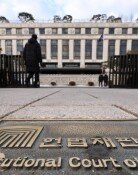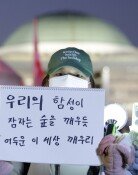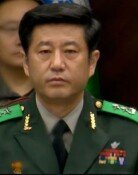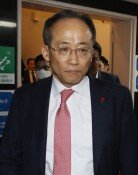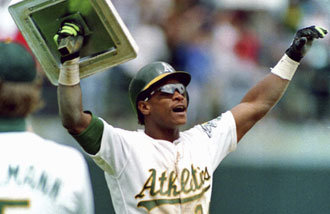Kim Won-woong brought disgrace to Heritage of Korean Independence
Kim Won-woong brought disgrace to Heritage of Korean Independence
Posted August. 17, 2020 07:43,
Updated August. 17, 2020 07:43
“Korea is the only country that has not wiped the vestiges of pro-Japanese collaborators,” Heritage of Korean Independence Chairman Kim Won-woong said in a speech during a ceremony on Saturday, marking the 75th anniversary of Korea’s liberation. “Rhee Syng-man violently disbanded the Special Investigation Committee of Anti-National Activities and colluded with pro-Japanese groups,” he said. “Ahn Eak-tai who composed the national anthem conducted the celebratory concert marking the 10th anniversary of founding Manchuria in Berlin,” he said and called for legislation to move graves of pro-Japanese collaborators from the national cemetery.
His remarks were mostly biased and divisive as if he was campaigning and determined to provoke controversy. “Japan tries to agitate Korea’s economy through economic retaliation and disturb the public sentiment to establish a pro-Japanese government that is easy to handle,” he said last year and praised Moon’s undaunted response, which triggered controversy. But this year, he went a step further by targeting our society rather than Japan which denies the past.
Kim denounced South Korea’s first president and the composer of the national anthem as “pro-Japanese traitors” based on a few facts. He also related pro-Japanese behaviors with conservative parties saying, “Calling oneself a conservative while protecting pro-Japanese collaborators is the same thing as calling traitor Lee Wan-yong a conservative.” He was indifferent to objective and comprehensive assessment of historical figures and their deeds and divided decades of history and lives of the Korean people based on whether they were pro-Japan or not. “Wiping out the past of pro-Japanese collaborators is not an issue of political parties or conservative and liberal ideologies,” he said. But the conflict between nationalists and anti-nationalists that he suggested is just the same as political division.
His remarks once again highlight his life history where he served as a lawmaker three times after serving as a party official of the Democratic Republican Party and the Democratic Justice Party. Kim said he considered his past deeds as a sin for which he had to repent until his last day, but his divisive remarks put the self-reflection in the shade. As an institution for patriots and their descendants that symbolizes Korea’s independence movement and legitimacy, the Heritage of Korean Independence should not become a political group. I would like to ask whether Kim who provokes division with inflammatory rhetoric is a qualified leader of the institution.
Headline News
- Pres. Yoon refuses impeachment documents for a week
- Debate over Lee’s participation causes friction in government consultative body
- Food and dining prices could increase en masse next year
- Foreign couple borrowed over $2 million to buy a Seoul house
- One-third of Japanese companies keep workers employed until 70



